Australia no longer has to spell out Chinese headache to Europe
Two years since the last G7 meeting, and one Beijing-indulged Russian war in Ukraine later, Europe’s leaders have come a long way to understanding China is not only Australia’s headache.
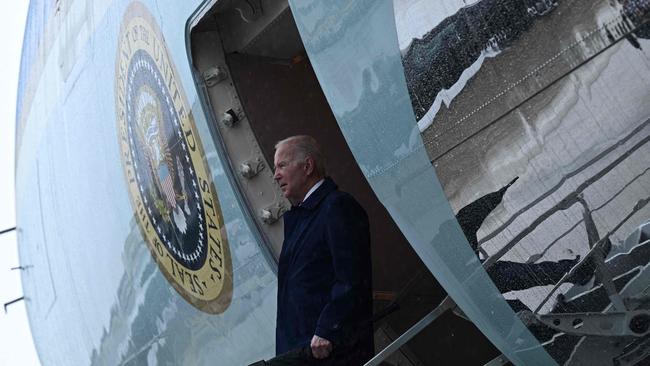
The farce of China’s list of 14 grievances culminated when Scott Morrison, then prime minister, printed off that notorious piece of paper to explain to European G7 leaders gathered in Cornwall in June 2021 that Australia’s problems with China were also their problems. There was a copy for each of them: one for Boris Johnson, one for Emmanuel Macron, one for Angela Merkel, one for Mario Draghi.
What an elevation for that list of talking points. A junior member of China’s embassy in Canberra had first handed over a single sheet of paper containing them to a Nine Network television journalist in November 2020. It listed 14 points – some, but far from all, of the subjects Beijing had been complaining about almost daily since April 2020, when the Morrison government called for an inquiry into the origins of Covid-19.
Among them were Canberra’s ban on Huawei for our 5G network, Australia’s foreign interference laws, and comments by parliamentarians about Taiwan, Hong Kong and Xinjiang. It read like a memory aid: much like the daily briefings that are circulated to MPs in Canberra to keep everyone tediously on message. The Sydney Morning Herald called the solitary page a “dossier”.
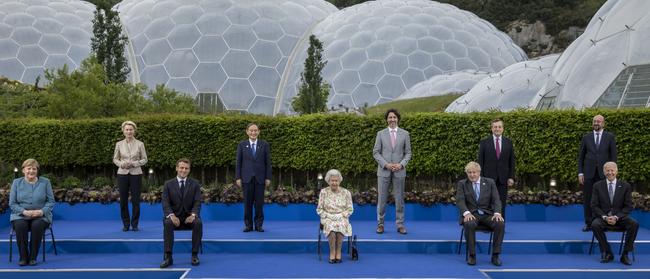
I got in touch with the junior Chinese diplomat who I suspected had handed it over. She couldn’t understand what all the fuss was about.
“It is not a document but facts and issues that were listed by me in a chat with one of their journalist(s),” she told me. “It has nothing different from remarks of our Foreign Ministry spokesman.”
Indeed, China’s surly Foreign Ministry spokesman, Zhao Lijian, had covered many of them the day before at a press conference in Beijing. He’d been going on about Australia’s “Cold War mentality and ideological prejudice” for months.
While it made me cringe, I can well understand why Morrison took a few copies to Cornwall. What was old news to Australians who had been paying attention was still novel to many Europeans in June 2021.
Mercifully, Anthony Albanese won’t need to pass a piece of paper around to convince anyone at the G7 meeting in Hiroshima this weekend that Xi Jinping’s China is their headache, too.
Two years on, and one Beijing-indulged Russian war in Ukraine later, Europe’s leaders have come a long way.
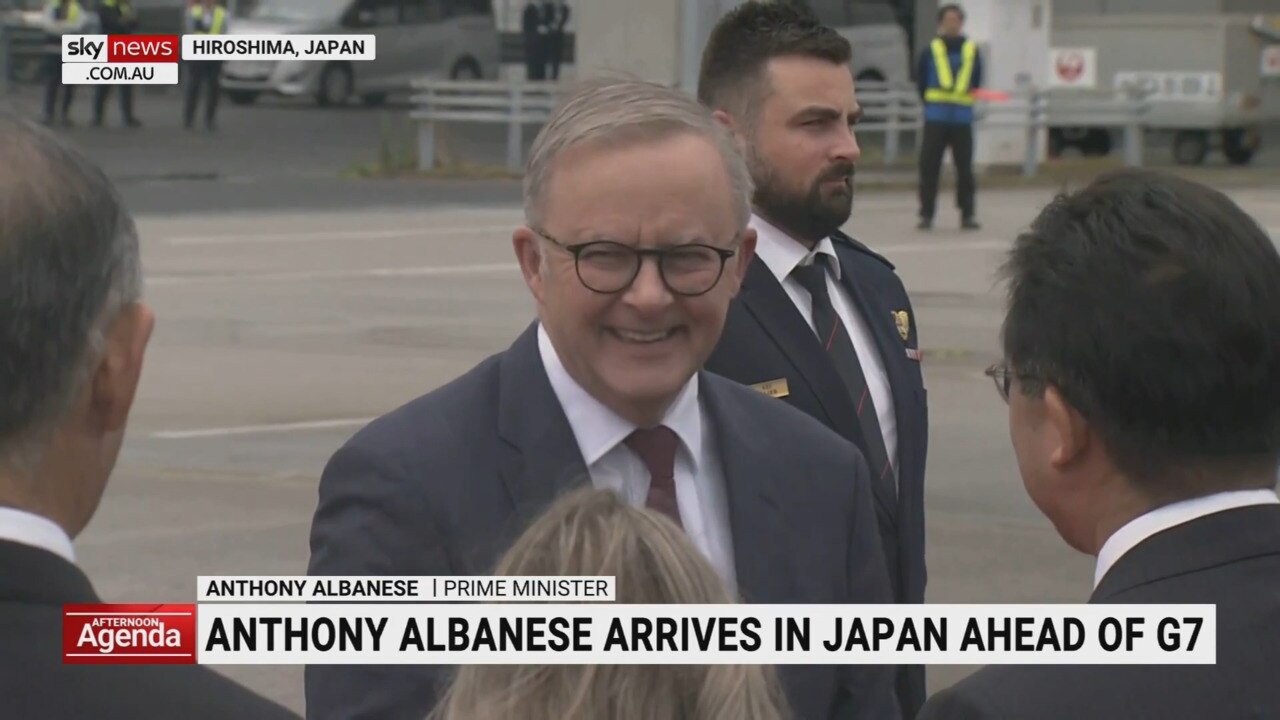
“There was a moment when Australia was front and centre as a democratic nation standing firm against very significant Chinese coercion. Things have, inevitably, moved on,” Richard Maude, one of Australia’s top foreign policy thinkers, tells Inquirer. Australia’s relations with China, while not good, are less bad. There is now a far greater degree of alignment of views on the need to respond to China within the G7 itself.
“That’s not to say there aren’t differences, but Europe has definitely hardened its own position,” says Maude, now executive director of policy at Asia Society Australia.
“And Washington is trying to reassure Europe in turn that it does not want a war with China, nor does it want to decouple its economy completely.”
What most worries Beijing
Hiroshima is the family hometown of Japanese Prime Minister Fumio Kishida. Gathering with him are a cast of leaders that Beijing is unhappy with, spanning G7 members and invited guests.
There’s Italy’s newish Prime Minister, Giorgia Meloni, who reportedly wants to pull her country out of Xi’s signature foreign policy, the Belt and Road Initiative.
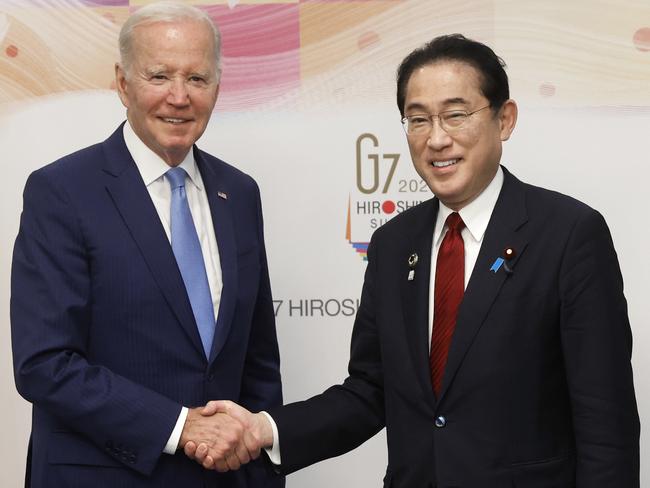
There’s British Prime Minister Rishi Sunak, less strident on China than the hapless Liz Truss, but still the leader of a Conservative party that has torched its Cameron-era delusions of pursuing a “Golden Era” of relations with Beijing.
There’s Germany’s Olaf Scholz, who governs in coalition with the country’s Greens party, an outfit nearly as obsessed with China as Australia’s Greens are with Israel. His Foreign Minister, Annalena Baerbock of the German Greens, warned Chinese Foreign Minister Qin Gang, in China, last month that any use of force to bring Taiwan under Beijing’s rule would be a “horror scenario for the entire world”. German foreign ministers didn’t talk like that in the Merkel era.
There’s Canada’s Justin Trudeau, who has served longer as leader than any of his G7 counterparts.
Every year of his prime ministership has brought fresh drama. Only a fortnight ago his government expelled a Chinese diplomat for harassing a senior member of the opposition.
More recently on the scene is South Korea’s President Yoon Suk Yeol, only 12 months in office. His top crimes to date: improving his country’s relationship with Japan, securing a deal that will allow American nuclear-armed submarines to make port visits in South Korea and singing Don McLean’s American Pie (and very well, too) at a White House state dinner.
Then there’s Ursula von der Leyen, president of the European Commission, who accompanied Macron on a recent trip to China.
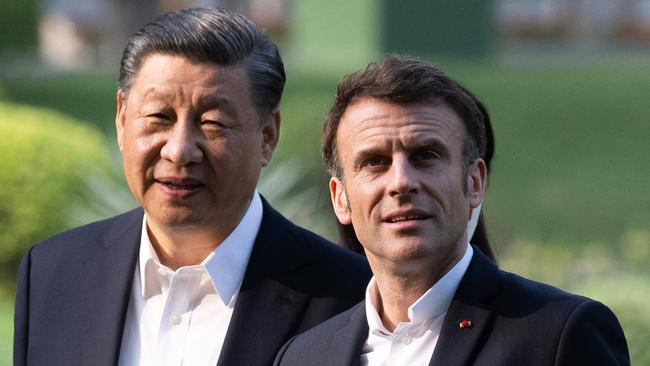
Before setting off to Beijing, she gave a speech at the Mercator Institute for China Studies, whose researchers were banned from visiting China in Beijing’s signature tit-for-tat fashion because of European sanctions on officials involved in human rights atrocities in Xinjiang. That fascinating speech coined a new term for Beijing to struggle against: de-risk.
“I believe it is neither viable – nor in Europe’s interest – to decouple from China. Our relations are not black or white – and our response cannot be either. This is why we need to focus on de-risk – not decouple,” she said.
Weeks later, US President Joe Biden’s national security adviser, Jake Sullivan, used the term himself in a keynote speech. It’s the sort of co-ordination that Beijing most worries about.
“The ‘de-risking’ rhetoric is based on a false narrative,” China’s Foreign Ministry spokesman Wang Wenbin said this week. Party state media outlets have denounced it much more bluntly.
And then there’s Macron, right now Beijing’s best hope in the group of rich democratic countries – although it depends what day of the week you catch the French President.
‘China is not interested’
Naturally there is great disappointment in Australia about the cancellation of next week’s Quad meeting in Sydney. It is a teachable moment: US domestic politics are dysfunctional and getting worse. The biggest threat to America’s leadership role in the world is America. But we shouldn’t overdo the public wailing. Japan first championed the Quad because of its concerns about US reliability. One of its animating ideas is working with trusted partners other than Washington. And Beijing has made it clear all year that it is much more focused on the Hiroshima summit.
The invitation for Australia, along with India and South Korea, to participate in the group matters: it gives them a stake in its success.
“The G7 has become the de facto centre of the democratic world. Other democracies attending G7 meetings sends a signal that there is a cluster of countries who are willing and determined to protect liberal values and their economic and security interests against authoritarian China,” says Maude.
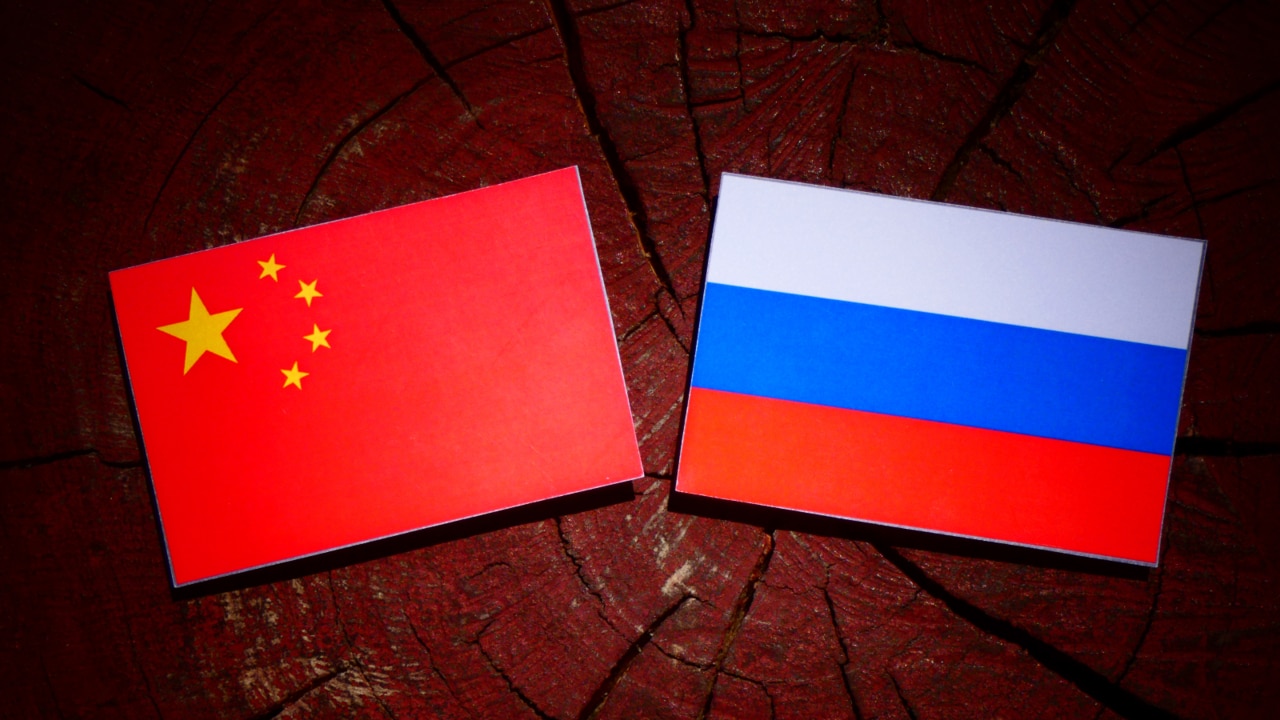
Beijing has been howling about the summit for months. The criticism of Tokyo has been particularly ferocious: “As the host of the upcoming G7 summit, Japan has been stoking and creating bloc confrontation … and trying to smear its neighbours,” a Chinese Foreign Ministry spokesman said this week.
Tokyo’s concern – shared across the G7 – about China’s threats to use military force on Taiwan set off a spray. There was another eruption after leaks suggesting the G7 leaders’ joint communique would include a passage on economic coercion, a favourite in Beijing’s hard-power toolkit. The Global Times said a Washington-led G7 discussion of “China’s so-called ‘economic coercion’ ” was like “supporting the bandit leader to run for police chief”.
In the week before the Hiroshima meeting, Sullivan met Xi’s top foreign policy adviser, Wang Yi, for two days in Vienna.
Beijing had declined Washington’s invitations to talk at senior levels for months after Balloongate early this year, when a Chinese spy balloon was spotted in North American airspace, so the dialogue was to be welcomed – although, as always, expectations should remain low.
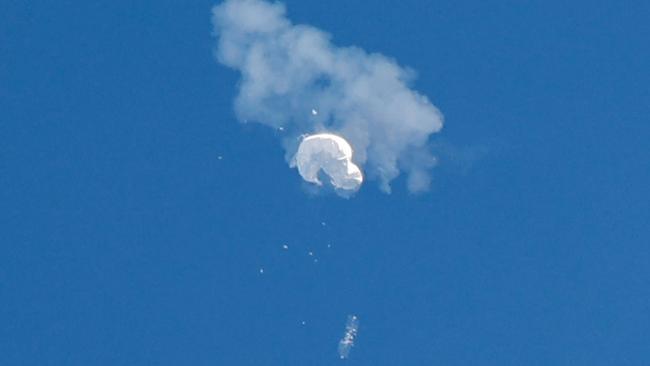
Australia has more experience than most in struggling to get China to engage. Whatever the subject – political interference, trade sanctions, political interference, the militarisation of the South China Sea or the hacking of the national parliament – Chinese officials push back or say they are being unfairly persecuted.
Even the US is struggling. “China utterly rejects America’s ‘managed strategic competition’,” Maude explains, referring to the formula coined by our ambassador in Washington, Kevin Rudd, and embraced by the Biden administration. “It doesn’t want to manage competition. It wants America to make space for China. It doesn’t want guardrails, it wants America to ‘stop making trouble’.”
Maude, who oversaw the 2017 foreign policy white paper, one of the seminal documents in Canberra’s reset of relations with Beijing, says managed strategic competition is a good framework in theory.
“No one has really come up with a better one … But its big problem is that China is not interested. China’s also not really interested in compromise.”
We’ve come a long way from Cornwall, but there’s a long way to go yet.




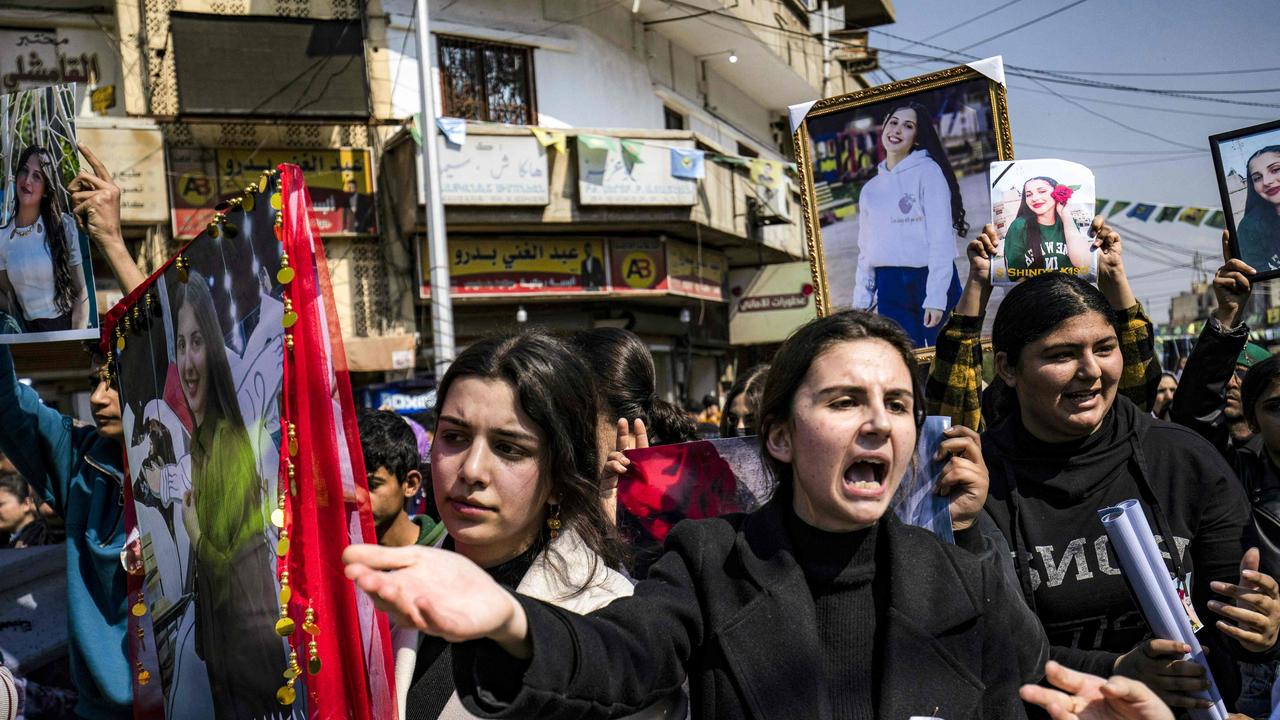
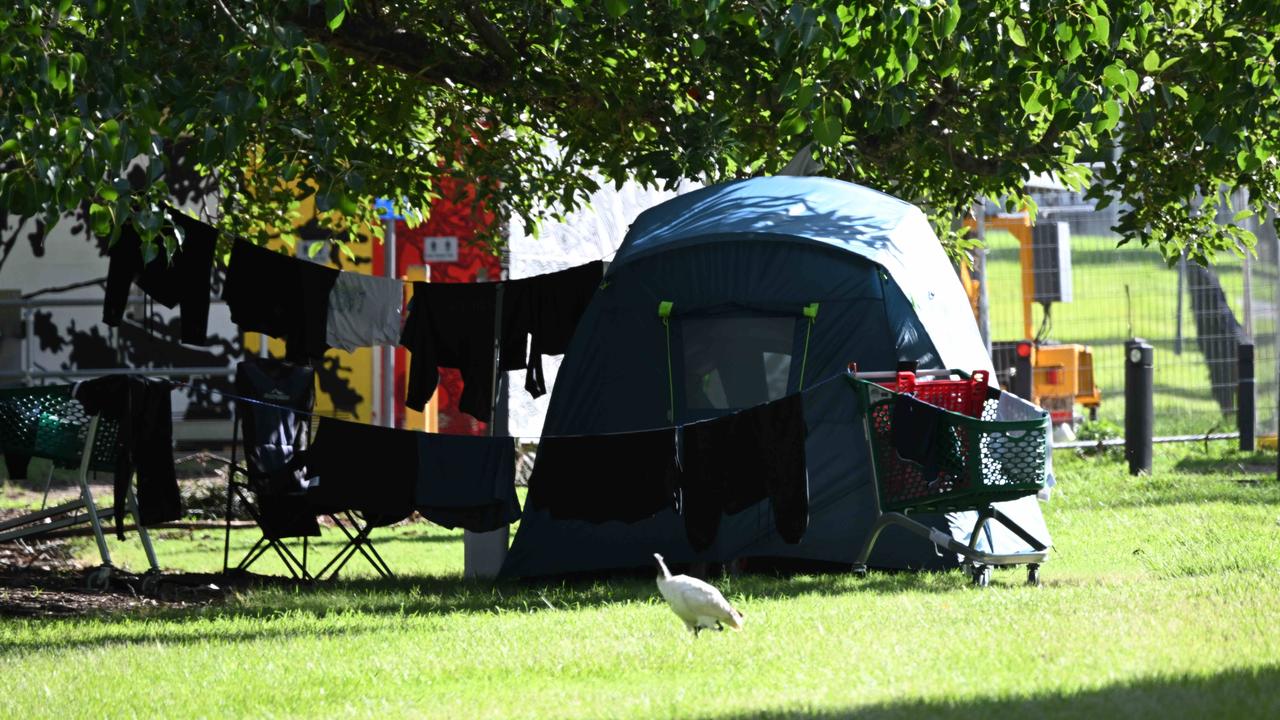
To join the conversation, please log in. Don't have an account? Register
Join the conversation, you are commenting as Logout